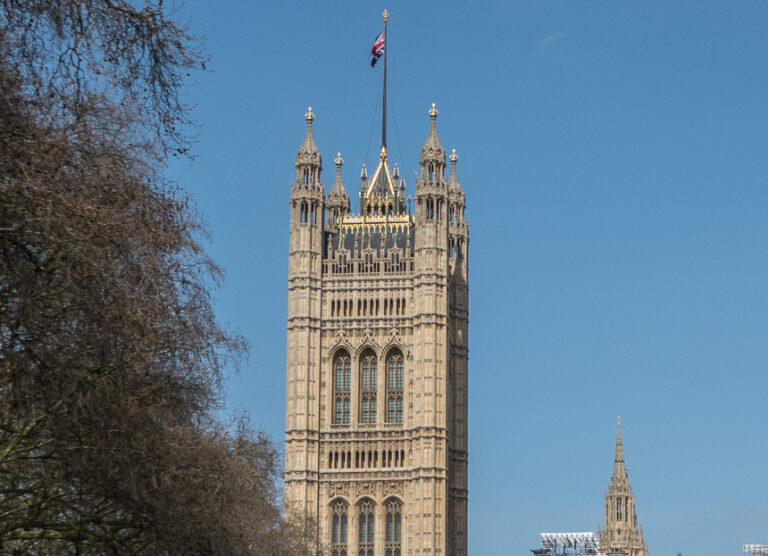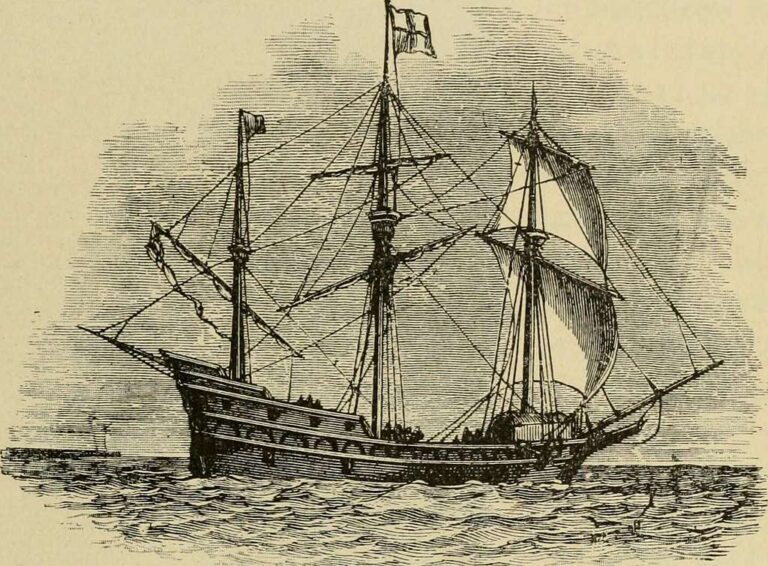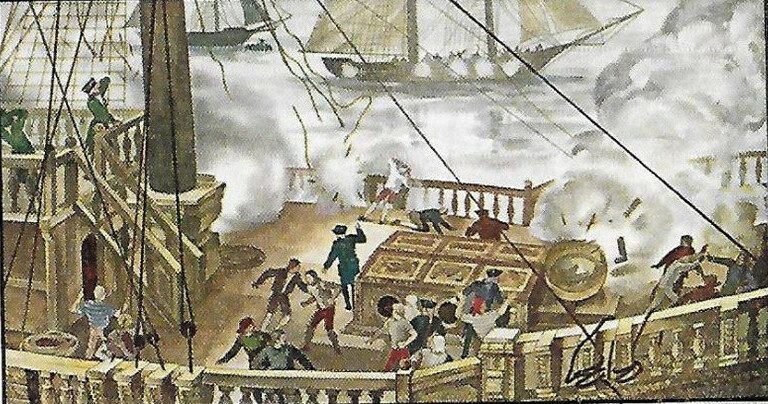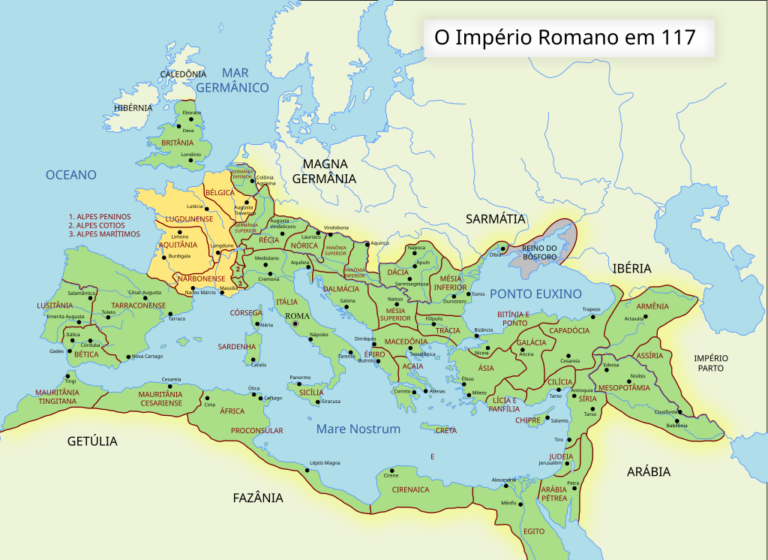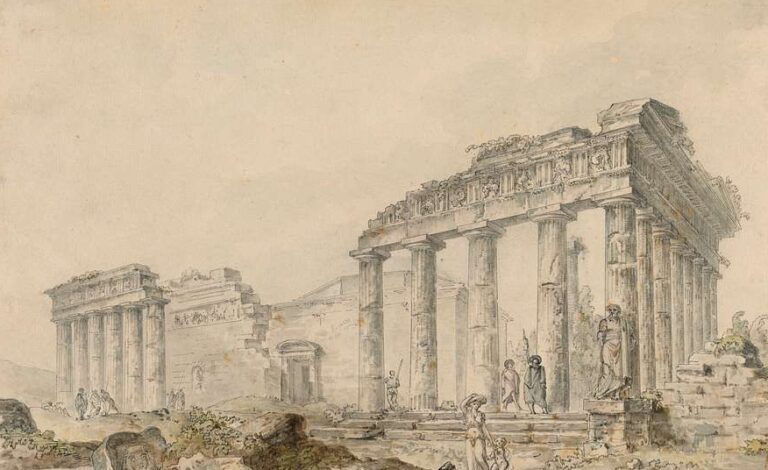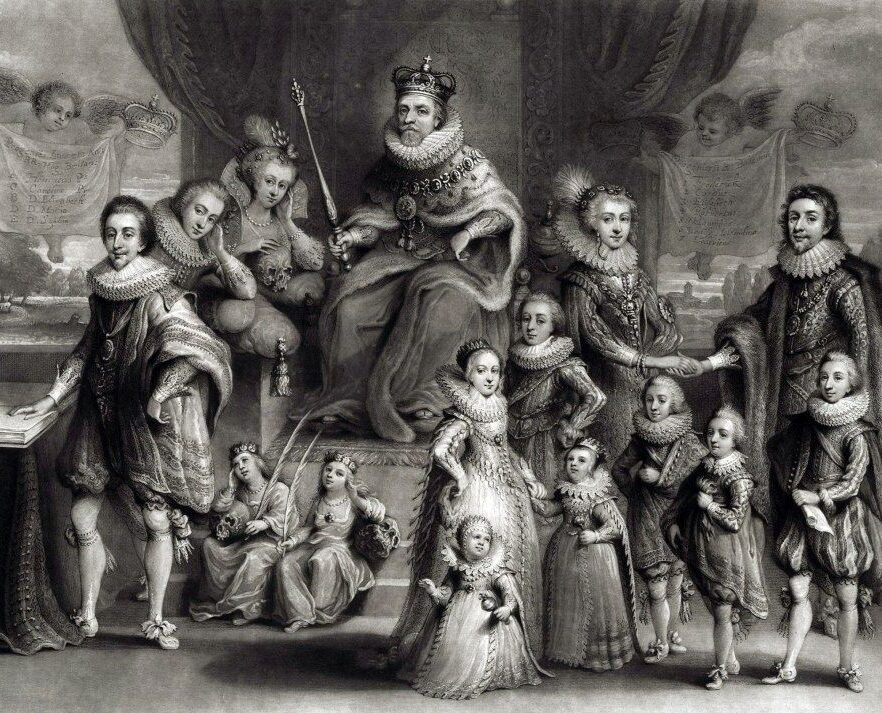
1. Early Stuart Period (1603–1642)
1603: James VI of Scotland becomes James I of England, initiating the Stuart dynasty in England. This marks the unification of England and Scotland under a single monarch, known as the Union of the Crowns. James promoted royal absolutism and faced challenges from Parliament.
1605: Gunpowder Plot—a failed Catholic conspiracy to assassinate James I.1611: Publication of the King James Bible, a significant cultural and religious achievement.
1625: Charles I ascends to the throne. His rule is marked by conflict with Parliament over taxation and governance.
1629: Charles I dissolves Parliament, beginning his 11-year period of Personal Rule, often called the “Eleven Years’ Tyranny.”
1637: Scottish Presbyterians revolt against Charles I’s attempts to impose the Anglican Book of Common Prayer, leading to the Bishops’ Wars (1939 and 1940).
2. English Civil Wars and Interregnum (1642–1660)
1642: Outbreak of the First English Civil War between Royalists (Cavaliers) and Parliamentarians (Roundheads)
1646: Charles I surrenders to Scottish forces, effectively ending the First Civil War.
1648: Second English Civil War; Charles I is captured and accused of treason.
1649: Execution of Charles I; monarchy is abolished. The Commonwealth of England is declared under Oliver Cromwell.
1653–1658: Cromwell rules as Lord Protector during the Protectorate period.
1658: Death of Cromwell; instability grows as his son Richard Cromwell fails to maintain authority.
1660: The monarchy is restored under Charles II, ending the Interregnum.
3. The Restoration Period (1660–1688)
1660: Charles II returns to power, restoring the monarchy, Church of England, and Parliament. Known for his charm and political pragmatism, Charles II navigates between religious factions.
1665: Great Plague of London devastates the city.
1666: Great Fire of London destroys much of the city but fosters urban renewal.
1670: Charles II signs the Secret Treaty of Dover with France, aligning with Catholic interests.
1678: The Popish Plot, a fabricated Catholic conspiracy, heightens anti-Catholic sentiment.
1681: The Exclusion Crisis—a political conflict over barring the Catholic James, Duke of York, from the throne.
1685: Charles II dies; his brother James II, a Catholic, ascends to the throne. James’s open Catholicism and authoritarian policies lead to widespread opposition.
4. Glorious Revolution and Late Stuart Period (1688–1714)
1688: The Glorious Revolution: James II is overthrown by William of Orange and his wife, Mary II, in a largely bloodless coup. William III and Mary II, both Protestants, are declared joint monarchs.
1689: The Bill of Rights is enacted, solidifying constitutional monarchy and guaranteeing civil liberties.
1690: William III defeats James II at the Battle of the Boyne in Ireland, securing Protestant dominance.
1701: The Act of Settlement ensures the Protestant succession, excluding Catholics from the throne.
1701: Britain enters the War of the Spanish Succession (1701–1714), supporting the Habsburg claim to the Spanish throne against France and Spain.
1702: Death of William III; Anne, the last Stuart monarch, ascends to the throne.
1707: The Acts of Union merge England and Scotland into the Kingdom of Great Britain. The Union creates a single Parliament in Westminster and a unified economy.
1711: The South Sea Company is established to manage national debt, reflecting the growing importance of financial institutions in British politics.
1713: The War of the Spanish Succession ends with the signing of the Treaty of Utrecht. Britain gains Gibraltar and significant colonial territories, enhancing its global influence. The treaty weakens French power in Europe.
1714: Death of Queen Anne; the Stuart line ends. The Hanoverian dynasty begins with George I, in accordance with the Act of Settlement.


